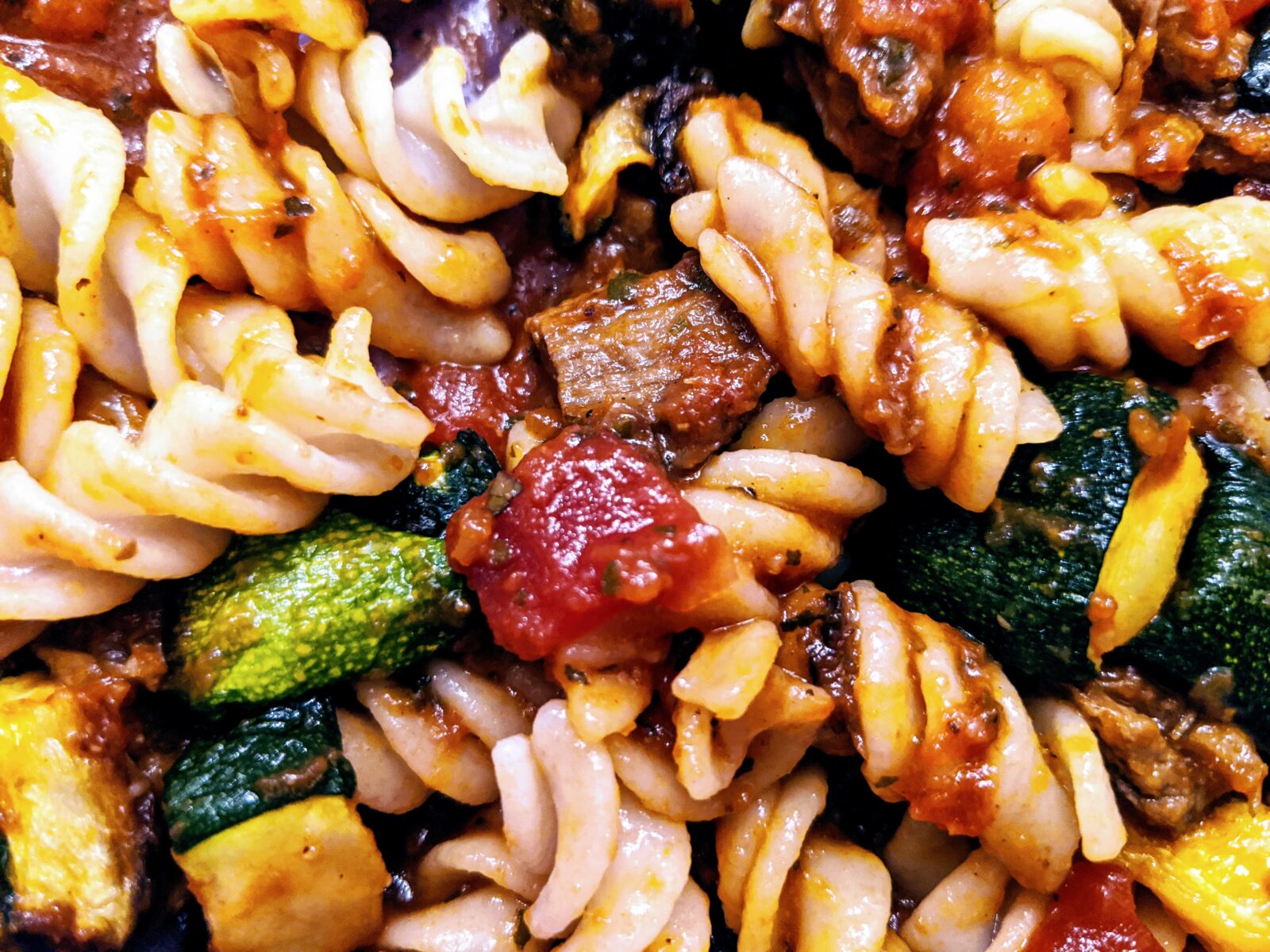It began with my new doctor telling me I had to cut back on sugar. I was offended. I hardly ate sugar. Did wine count?
We had just finished a consultation where I explained that I had been exercising, eating healthy, and taking supplements consistently for several years. I was frustrated because I felt I was doing everything right, but I still had severe fatigue and was walking around like I had perpetual jetlag.
I’d had insomnia on and off for years and would wake up tired, but this felt different. Even if I had a restorative sleep, I still could not function properly during the day. I could not concentrate. I was struggling to complete daily chores. I would lose track of conversations. I would literally forget I was cooking until I smelled something burning. This was not like me. I’m generally very organized and on task.
Fatigue was causing me to trip a lot. My toes would get stuck on invisible obstacles. My feet would stop but my body remained in motion and I’d slam into walls or fall. Showering, drying my hair, or sometimes even getting dressed would leave me weak limbed, and shaking.
Migraine, nerve pain, and heat sensitivity were also getting worse. I was constantly alternating between random body parts screaming in pain and feeling like my head was on fire. I spent most of the day counting the minutes until bedtime, only to lay awake at night and wait for the cycle to begin again.
Since I was being so diligent with my diet, I thought some of my issues were side-effects from frequent steroid injections I had been getting for chronic pain or that my MS was just getting worse. I had been making the rounds with doctors but was getting a lot of, “You’re just getting older,” and “These things happen to everyone.”
I was really surprised (and a little suspect) when I was told my symptoms were being exacerbated by my food choices and was told to reduce foods like pasta, bread, pizza, or any high carb foods. I was annoyed because I measured my portions and was eating a ton of vegetables, whole wheat everything, and low-fat dairy. All supposedly healthy choices.
I got a quick lesson in nutrition. All carbs turn into sugar and too much sugar causes inflammation in the body. Inflammation can cause problems like the symptoms I was having. I accepted the challenge from the doctor to lower carbs and reduce sugar. I thought I can do anything for six weeks, how hard could it be?
My diet consisted of:
Breakfast: Veggie omelet, sometimes with turkey bacon or unsweetened yogurt with nuts and/or berries.
Lunch and Dinner: A mix and match of roasted trays of veggies, fish, and meats that I pre-cooked twice a week.
I also ate low-fat cheese, fruit, nuts, and seeds. I was having a Skinny Cow ice cream sandwich every night as my reward for sticking to the plan. (Nobody is perfect!)
For the first two weeks or so, I was miserable. Fatigue, brain fog, and migraines were worse, and I got horrific digestive issues. Then, one day it just seemed to stop. I noticed I didn’t have a migraine, I wasn’t bloated, I had a ton of energy and my pants were falling off. By the time I got back to the doctor, my fatigue had markedly improved. I was able to focus and think more clearly. I was sleeping better, making plans with friends again, and had lost 18 pounds. I was excited to get back to my life.
I hadn’t intended to give up gluten. I was just too lazy to count carbs and my diet just evolved into options that were naturally gluten-free. When I saw the profound positive effect it had on my overall symptoms that’s when I became more aware of what I was eating and started checking food labels. (Good-bye ice cream sandwiches!)
After 6+ months of a grain-free diet, my fatigue, migraine, and heat sensitivity were gone. I was able to keep up with everyone else and I could plan and participate in hot weather events. Brain fog, energy, dizziness, and weakness had improved. Unfortunately, it did nothing for nerve pain.
I wish I could say that I was still grain-free. I was for years and during that time I was mostly symptom-free. Life got busy though and I let some gluten-free convenience foods trickle back into my diet. The problem is most gluten-free convenience foods are filled with unhealthy additives and fillers and ingredients that trigger my symptoms. I seem to be okay with the rare portion of organic quinoa or red lentil pasta, so I occasionally enjoy those options and then I don’t feel like I’m missing out on anything.
I challenged my body and it responded. I learned that even healthy foods aren’t healthy for everyone and that for me, going gluten-free is not enough. If I want my diet to impact my symptoms, I need to be completely grain-free. I’m a work in progress.
